Following The Film Stage’s collective top 50 films of 2023, as part of our year-end coverage, our contributors are sharing their personal top 10 lists.
The greatest year in cinema since the monumental offerings of 2007––a transformative year that set the seeds for this very site to come into existence––2023 offered a resounding affirmative that indeed the medium is alive and well: auteurs flexing what they do best, newcomers providing a hopeful voice for the future of filmmaking, along with a plethora of worthwhile offers. Along with my personal favorites when it came to U.S. releases, two films also premiered that would’ve topped this list had they come out in 2023: Bertrand Bonello’s The Beast and Víctor Erice’s still-shockingly-undistributed Close Your Eyes.
While they didn’t make the top 15 cut below, I must make mention for the most essential, one-and-done viewing of the year with De Humani Corporis Fabrica; Rebecca Zlotowski’s stellar character study Other People’s Children; M. Night Shyamalan’s Knock at the Cabin, the best genre film of the year; Alain Gomis’ startling reworking of archival material with Rewind & Play; David Easteal’s fascinating Jeanne Dielman-esque narrative experiment The Plains; and the finest short of 2023: Bill Morrison’s Incident.
Without further ado, one can see my favorites of the year below, and if you wade in the list-heavy waters of Letterboxd, here is my ranking of all 2023 films viewed and an early look at 2024.
10 Favorite First-Time Watches of 2023 (full list here): Love Streams, Blissfully Yours, Lost in America, Trust, The Terrorizers, The Puppetmaster, A Confucian Confusion, Mahjong, Bug, and One Way Passage.
Honorable Mentions: Showing Up, The Killer, R.M.N., Are You There God? It’s Me, Margaret., A Still Small Voice
10. All of Us Strangers (Andrew Haigh)
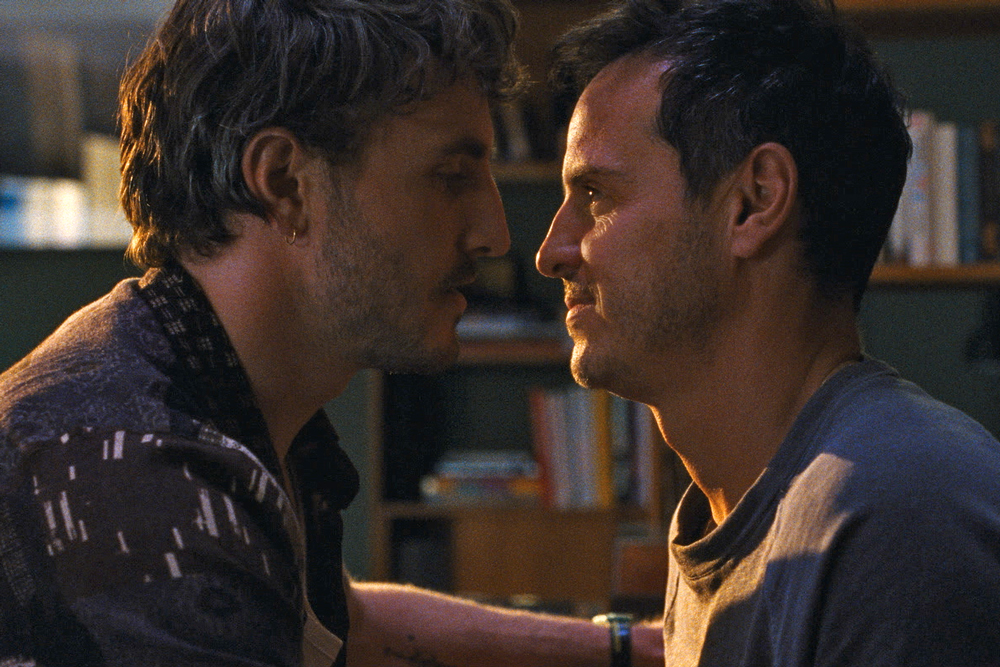
One of the most beautiful, tender, and mysterious films of the year, Andrew Haigh’s All of Us Strangers follows Andrew Scott as his character strikes up a relationship with a neighbor (Paul Mescal) in his building while looking into his past. The ethereal, deeply moving drama, also starring Jamie Bell and Claire Foy, holds its power in the ways Haigh conceals his storytelling conceit for maximum emotional effect as we’re on thrillingly nebulous ground in the first act. When the rug is pulled out from under you, it’s an ambitious gamble and one that opens up the door to overwhelming heartache if you’ll let it.
9. The Holdovers (Alexander Payne)
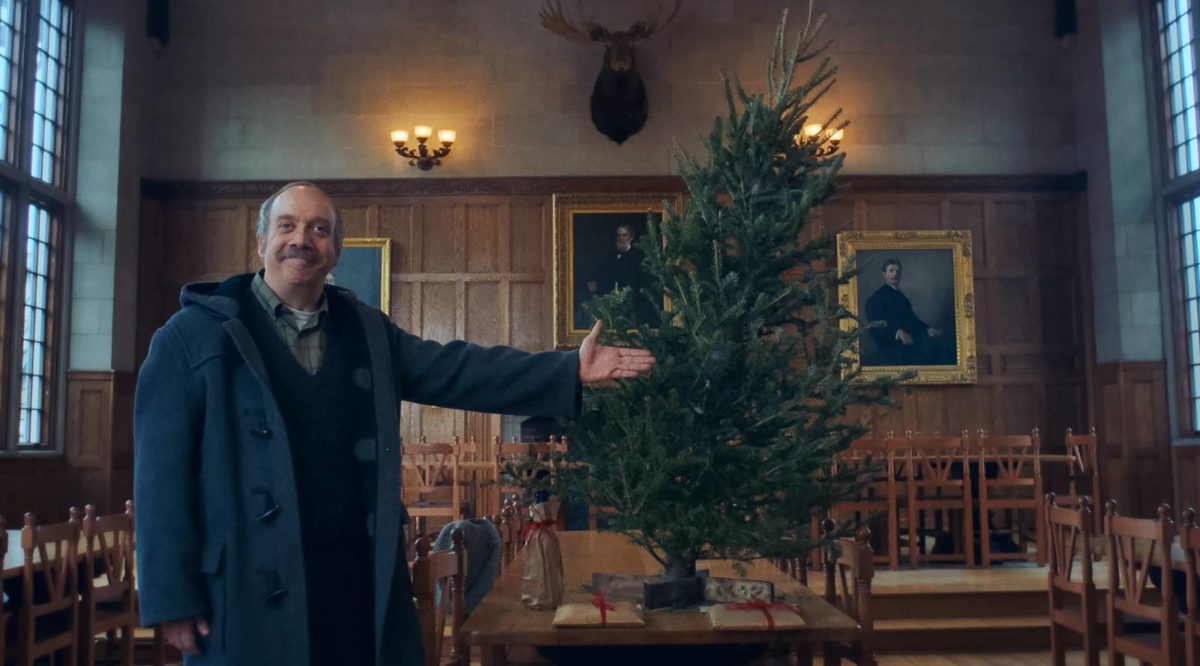
A masterclass in the writer-director relationship, Alexander Payne has taken David Hemingson’s pitch-perfect script and accentuated each line and character moment for utmost effect, while aesthetically encasing the rather embittered yet hilarious tale in a nostalgic, warm veneer. Less than a year in and a few viewings later, it’s already hit the sweet spot of a recurring, bittersweet Christmas classic. I look forward to many more annual watches to come.
8. Menus-Plaisirs Les Troisgros (Frederick Wiseman)
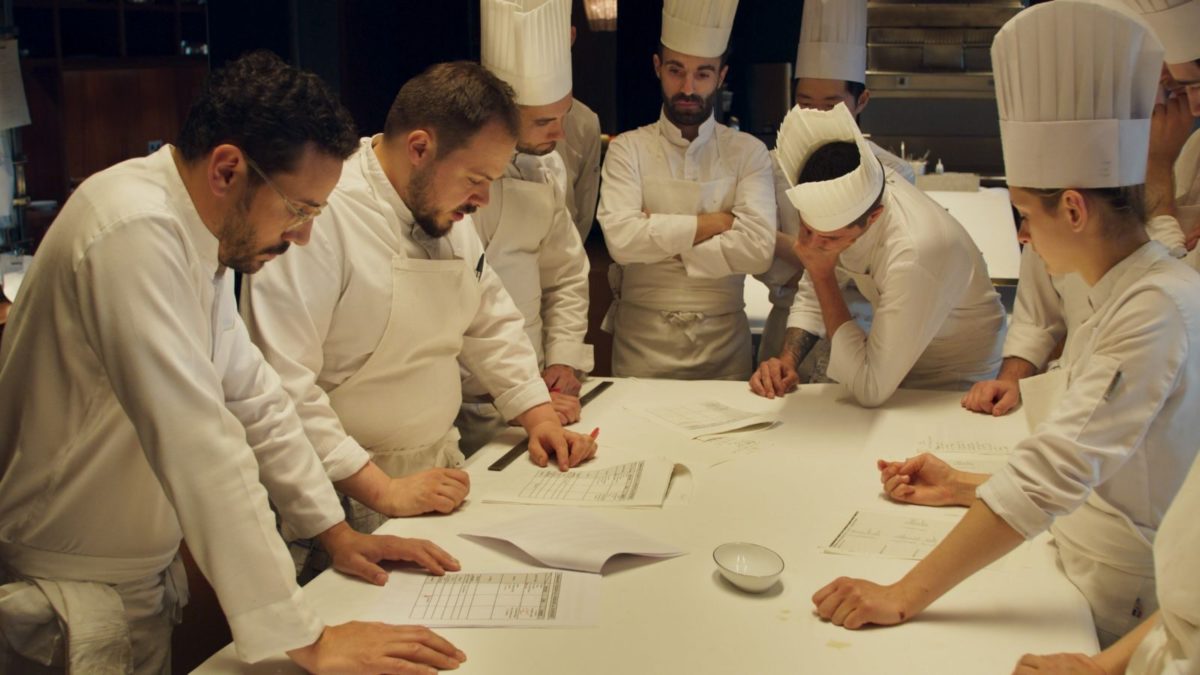
The documentary field’s finest depictor of process, Frederick Wiseman has found one of his best subjects with the delightful, breezy, and, yes, four-hour Menus-Plaisirs Les Troisgros. Peeling back the inner workings of a three-star Michelin restaurant in France, the 93-year-old master has found a restauranter family that holds the same virtues as the director: patience, artistry, and a dedication to delivering the best possible experience to the recipient. A stark contrast from some of the more complicated, messy, and ultimately unproductive bureaucratic organizations the director has captured in the past.
7. Killers of the Flower Moon (Martin Scorsese)
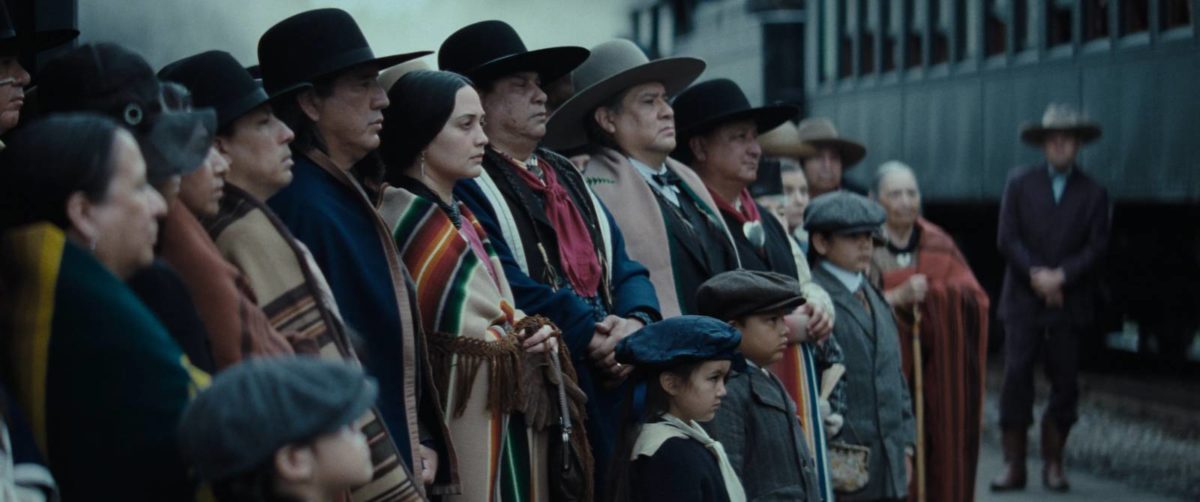
While I welcome Martin Scorsese elucidating as much as he can about how superhero obsession is stripping away an invigorating culture of movie-making and -going––with this year final proving audience interest has thankfully finally waned––his latest work, Killers of the Flower Moon, was perhaps the best example of this thesis. An emotionally exhausting, brutal epic about the betrayal of a marriage and the thirst of American greed, he showed how not every second of a movie needs to be engineered for maximum audience gratification. Even while revisiting some past themes of his work, his formal approach here felt like new territory for the director in many ways. As he enters his ninth decade on this earth, I can’t think of a more thrilling statement of perpetual artistic reinvention.
6. May December (Todd Haynes)
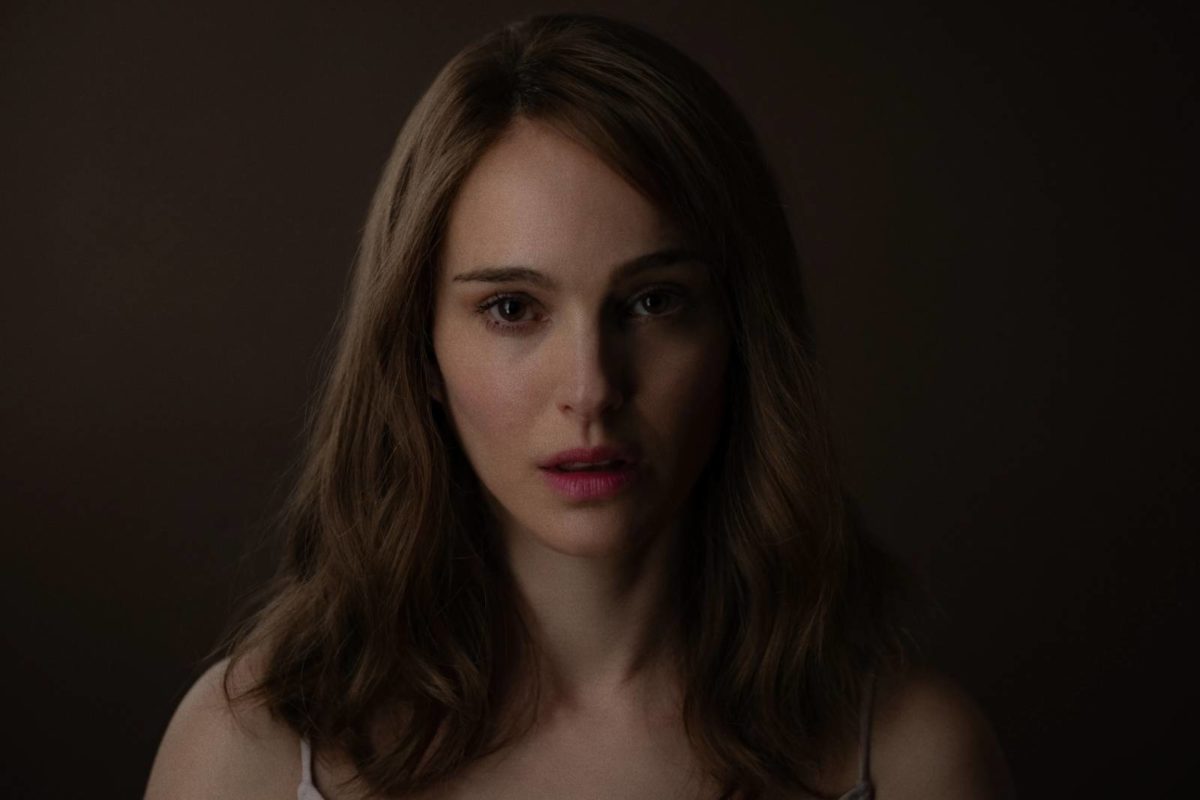
Along with Catherine Breillat’s Last Summer, Todd Haynes’ May December showed that without a very specific handling of tone, one can imagine versions of these projects that are utter disasters. With a grasp of both the emotional and psychological damage inflicted on the characters, Haynes masterfully, playfully weaves Samy Burch’s perceptive screenplay into a riveting study of performance and past ghosts. With a drolly biting ending not far in humor from Todd Field’s Tár, proving there is still indeed room for a last laugh in the arthouse drama, Haynes shows that despite all the research in the world, you may never discover an authentic truth when it comes to matters of the heart.
5. Priscilla (Sofia Coppola)
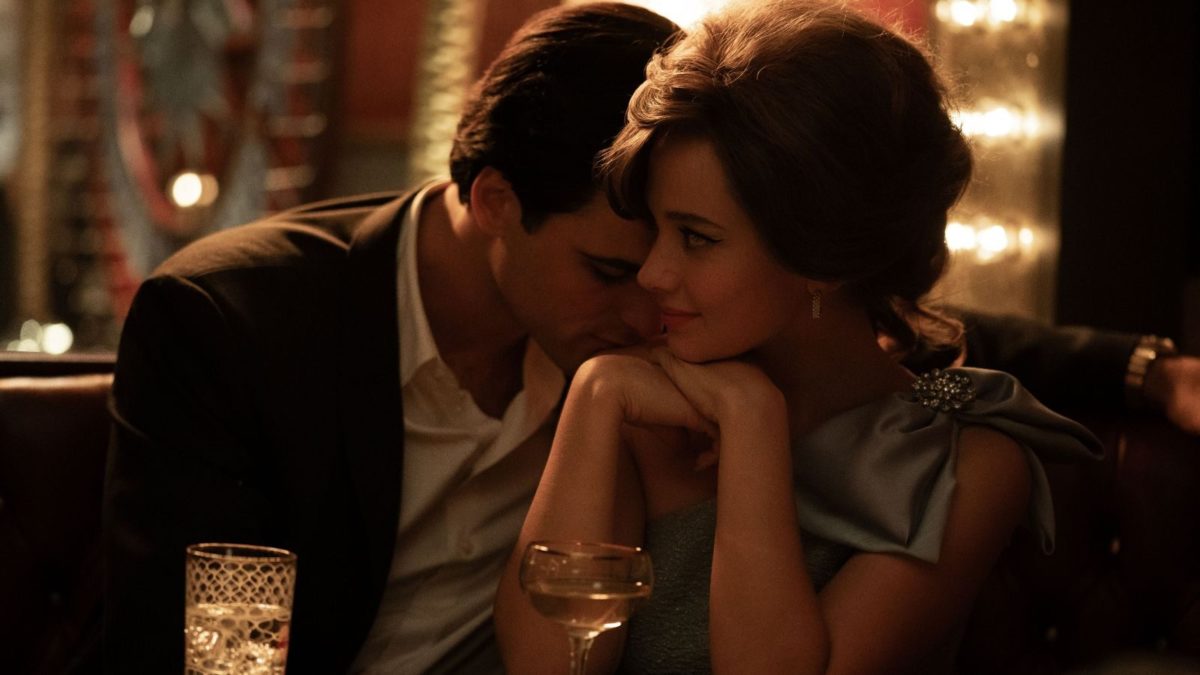
While the pandemic has brought no shortage of films about the magic of movies, the finest cinematic trick I’ve seen in theater this year is how Sofia Coppola’s nearly two-hour Priscilla felt like no more than 20 minutes. This look at the darker side of Graceland refiguring the legacy of Elvis (Jacob Elordi) solely through the eyes of Priscilla Presley (Cailee Spaeny) is a feat of formal brilliance. Every cut, music cue, and frame is working seamlessly in sync to replicate our lead’s dreamy feel of being whisked away by the world’s biggest icon, only to reveal the predatory, emotionally damaging emptiness hiding under the surface.
4. All Dirt Roads Taste of Salt (Raven Jackson)
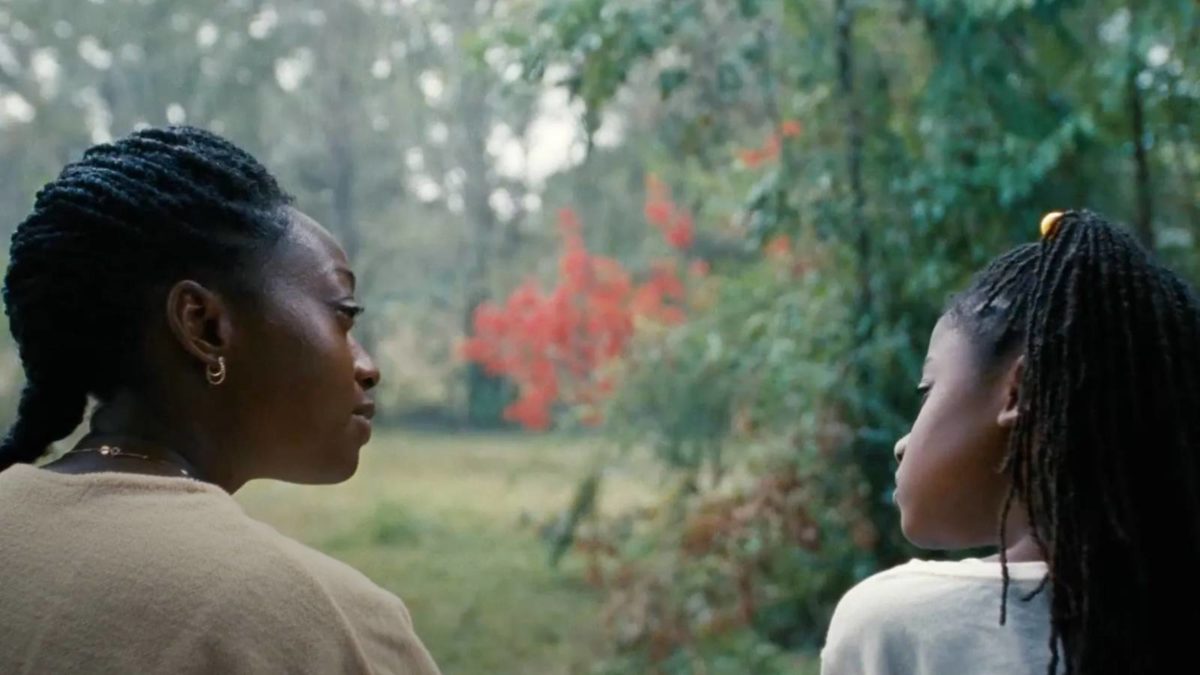
A film that feels uprooted from deep beneath the earth, Raven Jackson’s poetic, patient debut is a distillation of cinema to its purest form, a stunning patchwork of experience and memory. Tethered around the life of Mack, a Black woman from Mississippi, as we witness glimpses of her childhood, teenage years, and beyond, All Dirt Roads Taste of Salt becomes a sensory experience unlike anything else this year. Shot in beautiful 35mm by Jomo Fray and edited by Apichatpong Weerasethakul’s collaborator Lee Chatametikool, there’s a reverence for nature and joy for human connection that seems all too rarified in today’s landscape of American filmmaking.
3. The Boy and the Heron (Hayao Miyazaki)
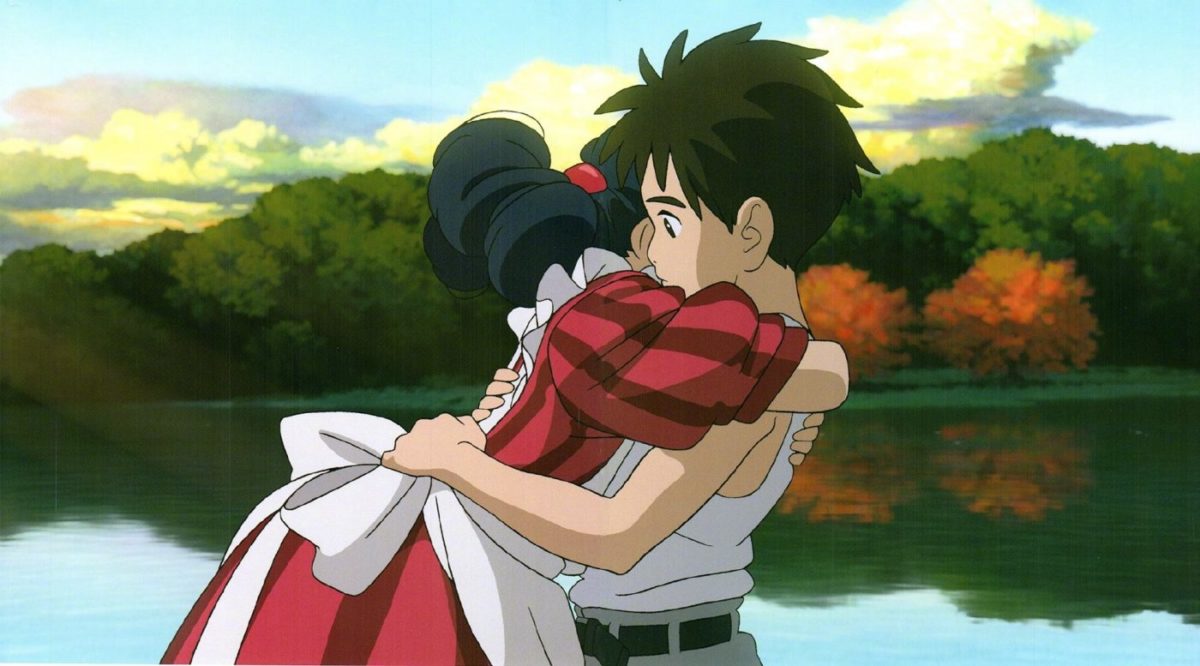
Cinema at its most boundlessly imaginative, The Boy and the Heron is a journey of thrilling, pure dream logic chock full of images that feel conjured from the deepest corners of Miyazaki’s mind. Considering the painstaking, hand-drawn labor it takes to pull off an animation this encumbered by standard narrative conventions, the feat of Miyazaki being able to corral such a vision feels miraculous. For the sake of the medium, here’s hoping the 82-year-old legend has one more in him.
2. Pacifiction (Albert Serra)
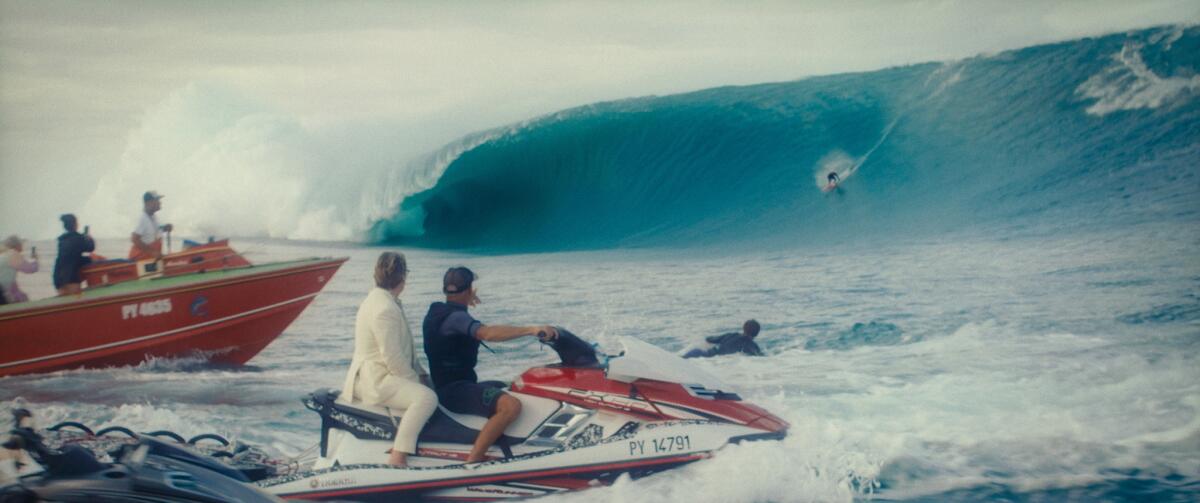
My sole viewing of Albert Serra’s mystifying, hypnotic epic Pacifiction was nearly 500 days ago and as I remember it in my mind––a frequent occurrence, a testament to its staying power––it feels like a hazy, menacing dream (nightmare?) in which all three hours have congealed into an amorphous portrait of brusque colonialism. Led by Benoît Magimel in an unrelentingly verbose performance as a French government official in Tahiti, it’s an immensely transportive experience that redefines what a thriller can mean. As much as I admired Christopher Nolan and Wes Anderson’s recent features, it’s also the best film this year about an impending nuclear threat.
1. Afire (Christian Petzold)
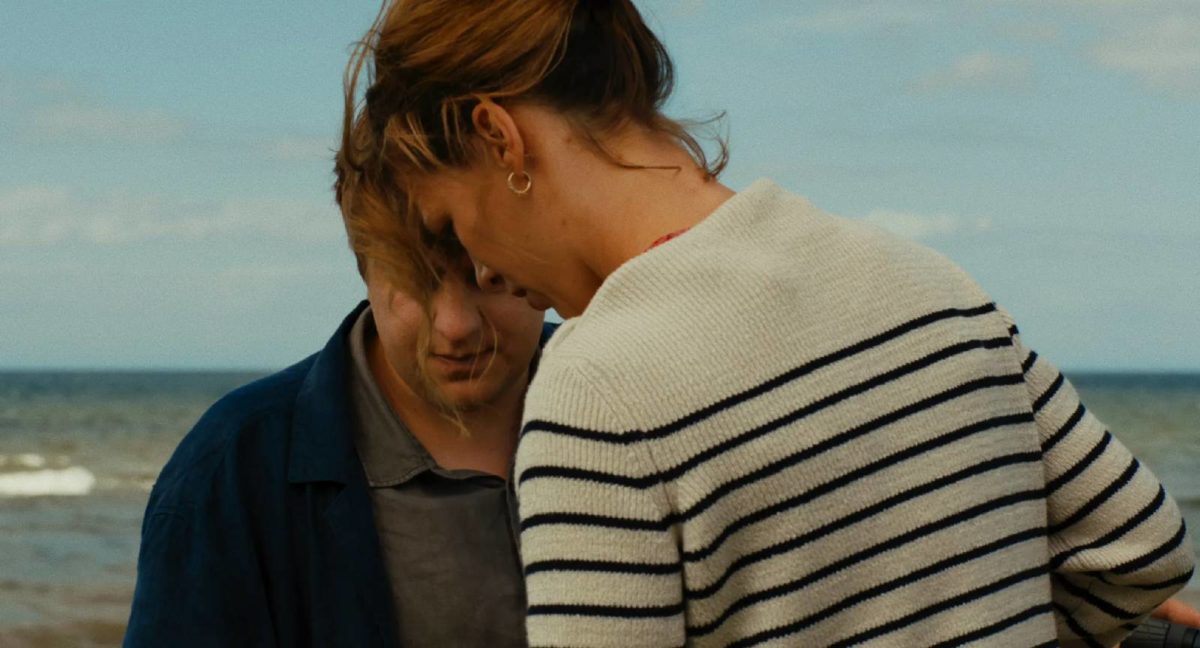
Christian Petzold’s Afire is a perfectly formed portrait of procrastination, narcissism, depression, and eroding self-worth. Following a frustrated writer who barely needs to be convinced the manuscript for his latest novel isn’t up to snuff, he heads to a seaside holiday home with a friend as all of his insecurities start to bubble up. Working in a Rohmerian register, with clear nods to The Green Ray, Petzold’s latest masterpiece humorously, then devastatingly depicts life’s frustrations through beautifully articulated performances from Thomas Schubert and Paula Beer. He’s emerging as one of the great directors of this young century.
